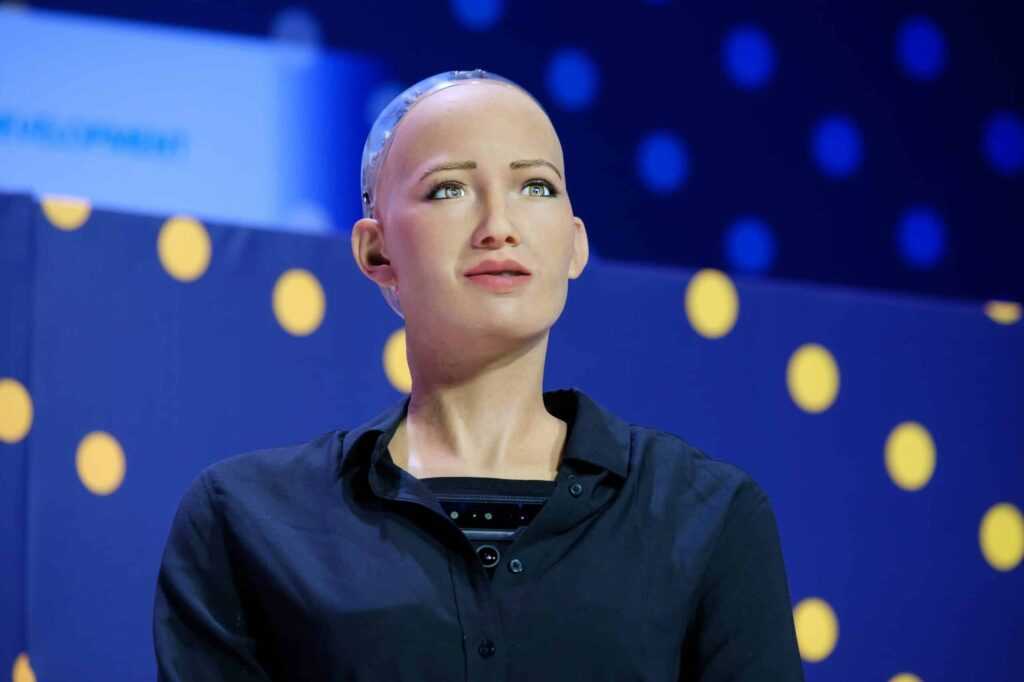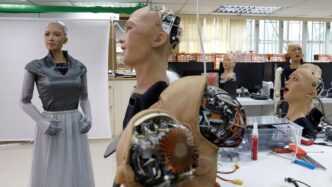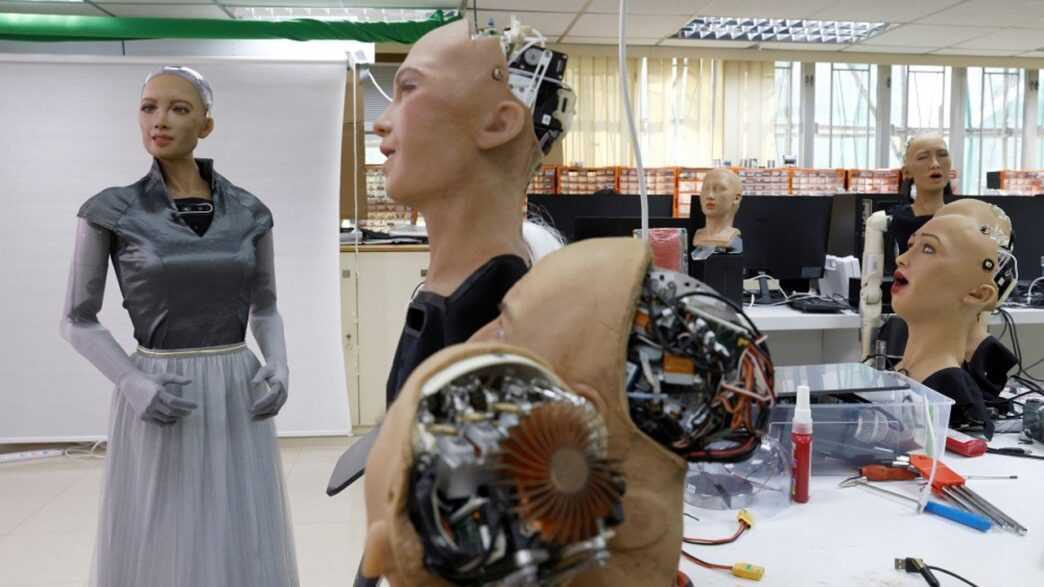Last week, Zimbabwe witnessed a groundbreaking event with the unveiling of Sophia, the country’s first social humanoid robot, at the University of Zimbabwe.
The launch took place during the United Nations Development Programme’s Zimbabwe Artificial Intelligence (AI) and Innovation Week, marking a significant milestone in the nation’s technological landscape.
Created by Hanson Robotics, an AI and robotics startup based in Hong Kong, Sophia is equipped with advanced navigation skills powered by AI and computer vision, along with human-like features and linguistic capabilities.
The robot has been designed to assist people in various real-world applications, such as medicine, education, and AI research.

According to Hanson Robotics, Sophia’s primary goal is to serve as an ambassador for AI technologies globally, helping to showcase the potential of intelligent robots in transforming industries and societies.
On its social media platforms, Sophia is presented as a global ambassador and a prominent social media influencer, engaging with audiences worldwide.
The United Nations sees Sophia’s visit as a catalyst for inspiring Zimbabwe’s youth, government officials, and innovators to embrace AI as a tool for development and progress. In a statement, Tatenda Mavetera, Zimbabwe’s Minister of ICT, described the event as a pivotal moment in the country’s acceptance of AI.
She noted, “Let us be inspired to dream big as we welcome Sophia. Zimbabwe has the talent and potential to develop our own advanced robotics and AI technologies. Let us invest in local skills and innovation.”
Sophia’s arrival in Zimbabwe has ignited excitement about the future of AI in Africa, urging governments and innovators to explore new possibilities and push the boundaries of technology in the region.
Read More:














